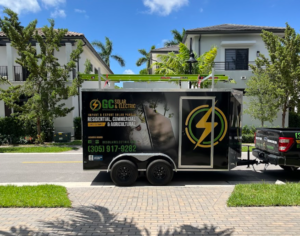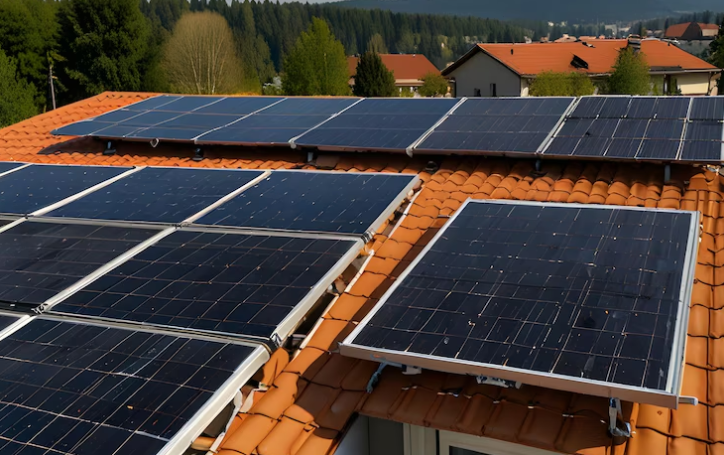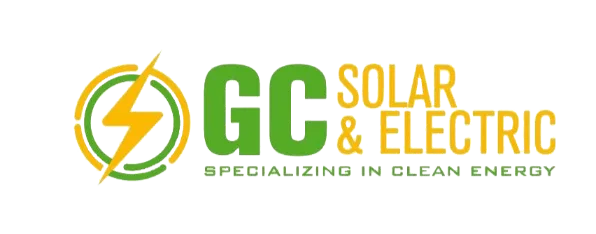

String Inverters
String inverters are the most commonly used type of inverter in residential solar panel installations. They are connected to multiple solar panels in a series or “string.” Here are some of their characteristics:
Cost-Effective: String inverters are generally less expensive than micro-inverters, making them a popular choice for many homeowners.
Simple Installation: The installation process is straightforward, which can save time and labor costs.
Monitoring: Monitoring is typically done at the string level rather than at the individual panel level.
However, string inverters can suffer from decreased efficiency when one panel is shaded. In Miami’s sunny yet variable climate, this can be a significant concern. If a single panel in a string is obstructed, it can affect the entire string’s performance.
Micro-Inverters
Micro-inverters, on the other hand, are installed on each individual solar panel. This design allows for several benefits:
Independent Operation: Each panel operates independently, meaning if one panel is shaded, the others can still perform optimally. This is especially advantageous in Miami, where tree cover or neighboring buildings may cause shading at different times of the day.
Enhanced Monitoring: With micro-inverters, you can monitor the performance of each panel individually, providing detailed insights into your solar system’s efficiency.
Increased Energy Production: Micro-inverters can lead to higher energy production overall, especially in conditions where panels may not receive uniform sunlight.
Given these advantages, many homeowners are opting for micro-inverters for their solar panel installation. GC Solar & Electric specializes in both types of systems and can provide expert guidance on the best option for your needs.
When choosing between string inverters and micro-inverters for your solar system, several factors should be taken into account, particularly in the context of Miami’s environment:
Shading Conditions: If your property has areas that are prone to shading, micro-inverters may be the better option. They will maximize your energy production despite obstructions.
Future Expansion: If you plan to expand your system in the future, micro-inverters can make it easier to add more panels without impacting the performance of existing ones.
System Monitoring Needs: If detailed monitoring is important to you, micro-inverters provide comprehensive insights that string inverters do not.
Selecting a qualified solar panel installer is essential to ensure that your system is set up correctly and efficiently. If you’re searching for a solar panel technician near me or need solar panel installation near me, GC Solar & Electric offers the expertise and reliability you need. Their team is well-versed in both string and micro-inverter systems, allowing them to recommend the best solution for your home.
Whether you choose string inverters or micro-inverters, both options have their merits. By consulting with GC Solar & Electric, you can make an informed decision that suits your energy needs and environmental conditions in Miami. For a professional solar panel installation and ongoing support, reach out to GC Solar & Electric today! For pricing information, please visit their website.
What are the main differences between string inverters and micro-inverters?
String inverters connect multiple panels in series, while micro-inverters are installed on each individual panel, allowing for independent operation.
Which inverter is better for homes with shading issues?
Micro-inverters are typically better for homes with shading issues since they allow each panel to operate independently, maximizing energy production.
Can I monitor the performance of my solar system?
Yes, with micro-inverters, you can monitor each panel’s performance individually. String inverters offer monitoring at the string level.
What should I consider when choosing a solar panel installer?
Look for experience, certifications, and a good reputation in the community. GC Solar & Electric provides quality solar service and installation.
How can I determine the best inverter type for my home?
A qualified solar panel installer can assess your property and help you choose the inverter type that best suits your specific conditions and energy needs.

